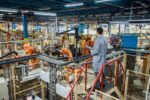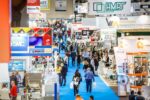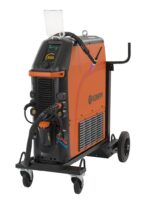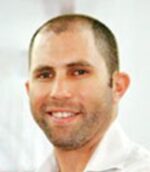ERP delivers tangible ROI to CEOs of manufacturing and distribution companies
By Jaco Maritz, Chief Operating Officer, SYSPRO As the world continues to adapt, manufacturers and distributors have had to cope with new complexities of doing business. Driven by emerging customer preferences and demanding supplier requirements, the industry has had to shift gear rapidly to enable it to prosper. Customers have become increasingly drawn to eCommerce platforms as global lockdowns opened the opportunity for new digital channels. And while supply chain disruptions impacted business operations, it also opened the door for a new competitive market underpinned by the expansion of product ranges, and the rise of techniques such as additive manufacturing and 3D printing technologies. As a result, CEOs have had to think about new routes to market, new products and even new processes altogether. Within this zeitgeist, manufacturing and distribution leaders still have three crucial business priorities top of mind. The business must cut costs while remaining globally competitive, organisational efficiency needs to be improved, and ongoing risks need to be reduced. Many businesses have looked at the benefits of digitalisation in addressing these priorities. ERP has been shown to improve operational efficiency, productivity, and time to value, but there ae still businesses that remain hesitant in making the investment. The key is to understand what sort of ROI ERP brings to the business. Using ERP to gain competitive advantage According to recent SYSPRO research, 29% of businesses felt that their business systems did not provide them with the availability and accessibility to manage the changes that the pandemic introduced. Many businesses still relied heavily on manual processes and spreadsheets. Those who had real time access to data could connect directly with customers and suppliers and address immediate needs and build their business. Real-time access to data is a central factor for manufacturing and distribution businesses to remain competitive. […]










